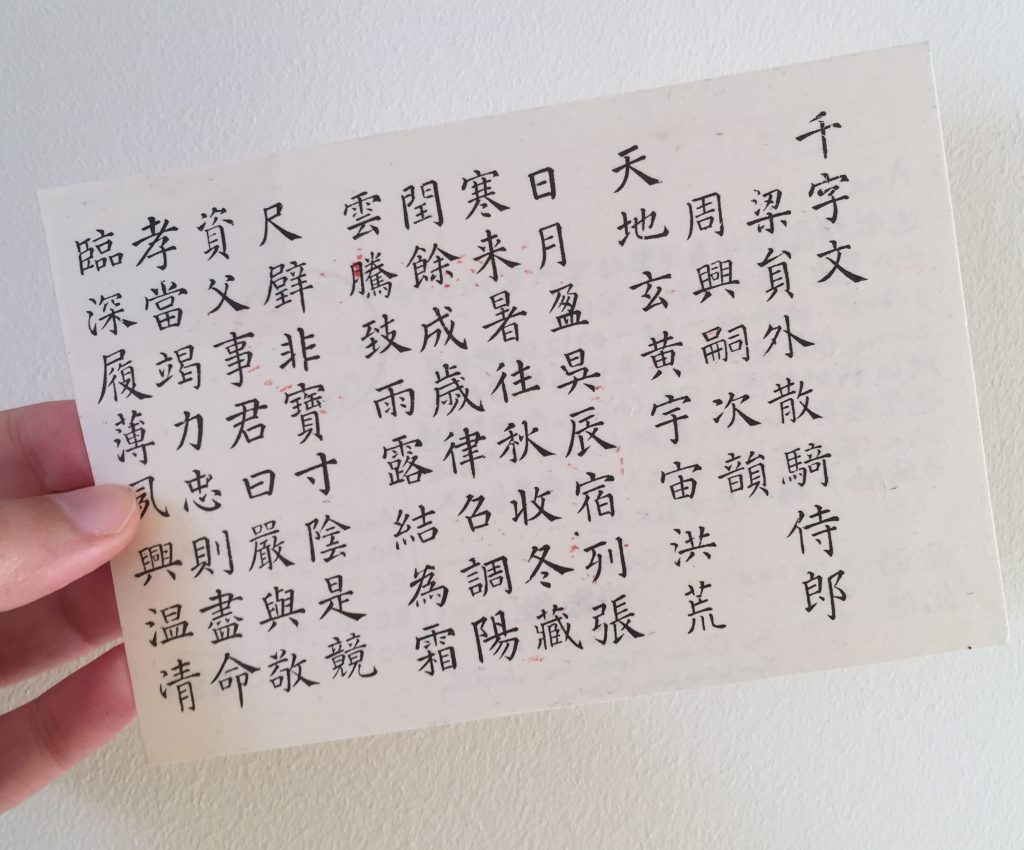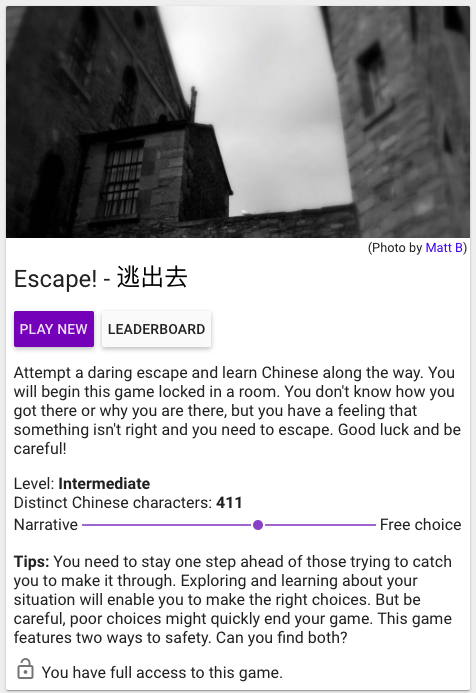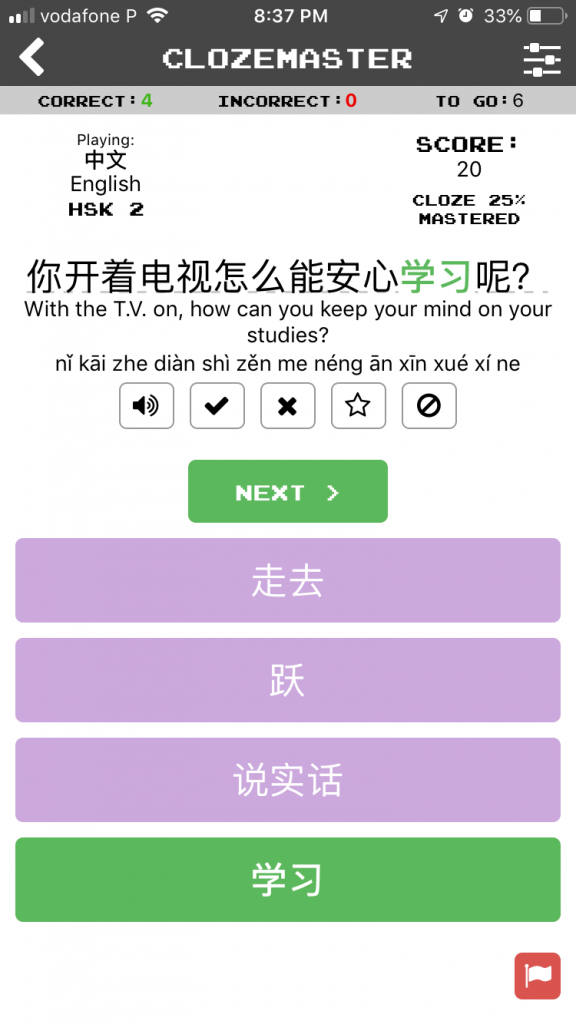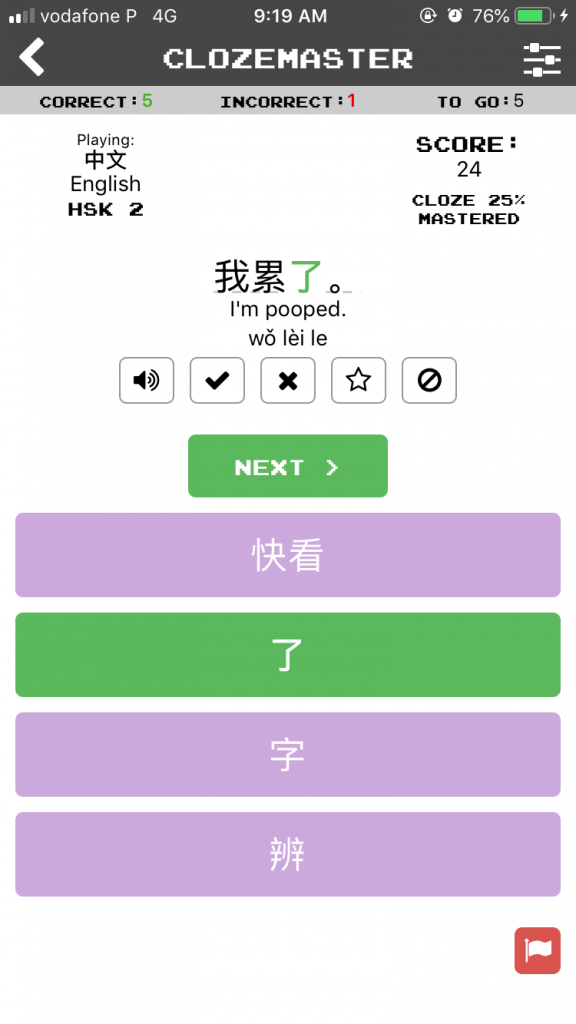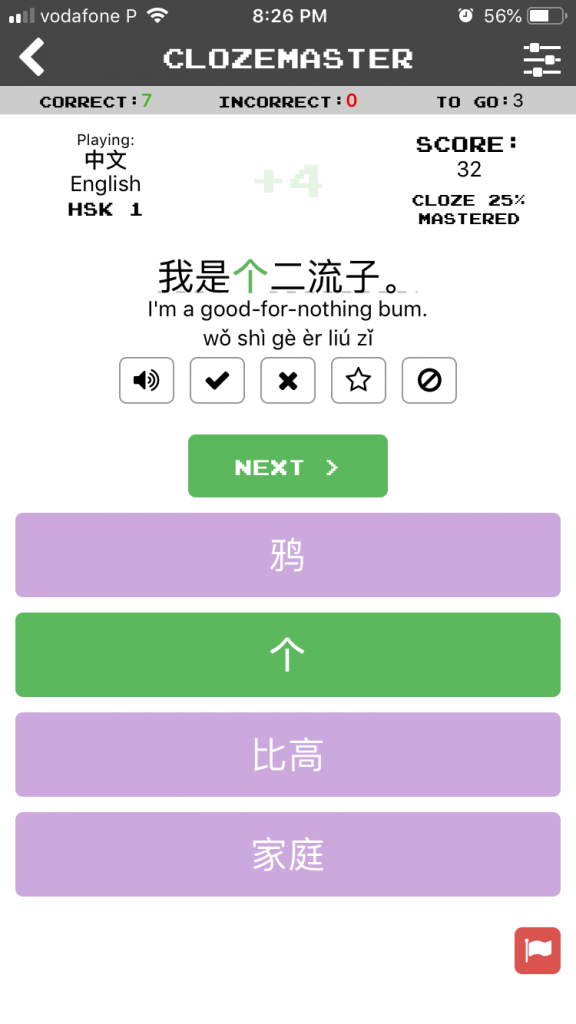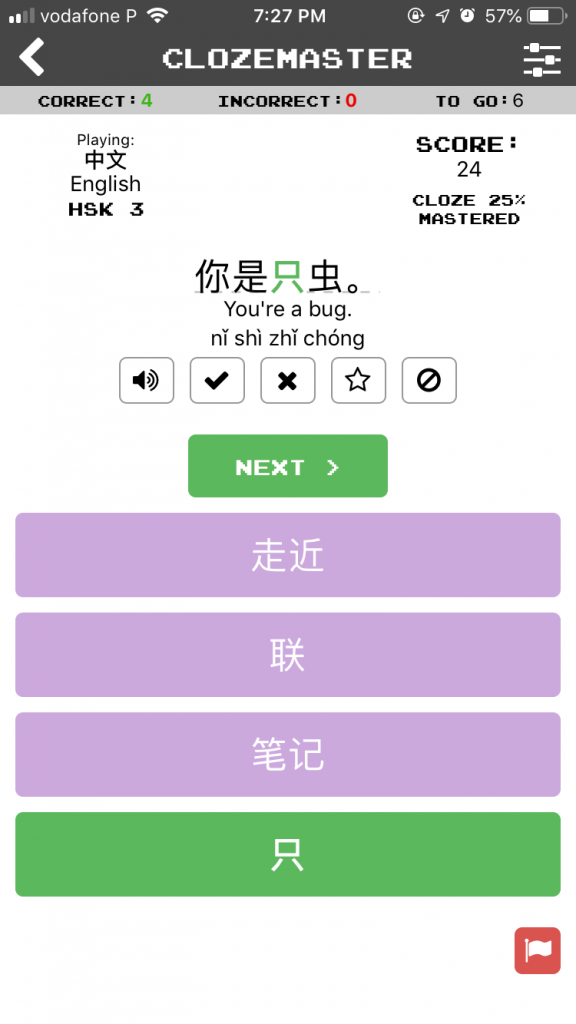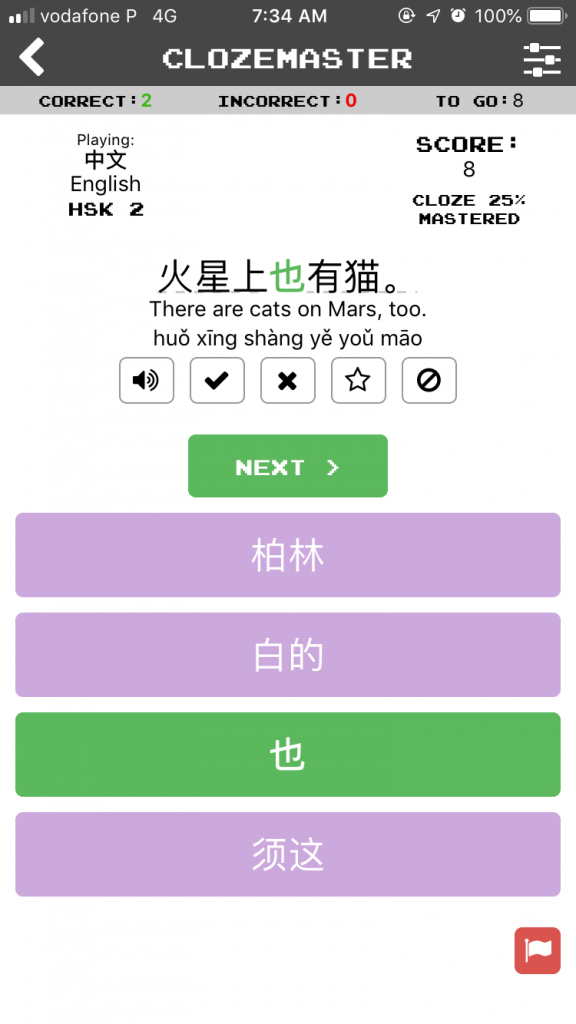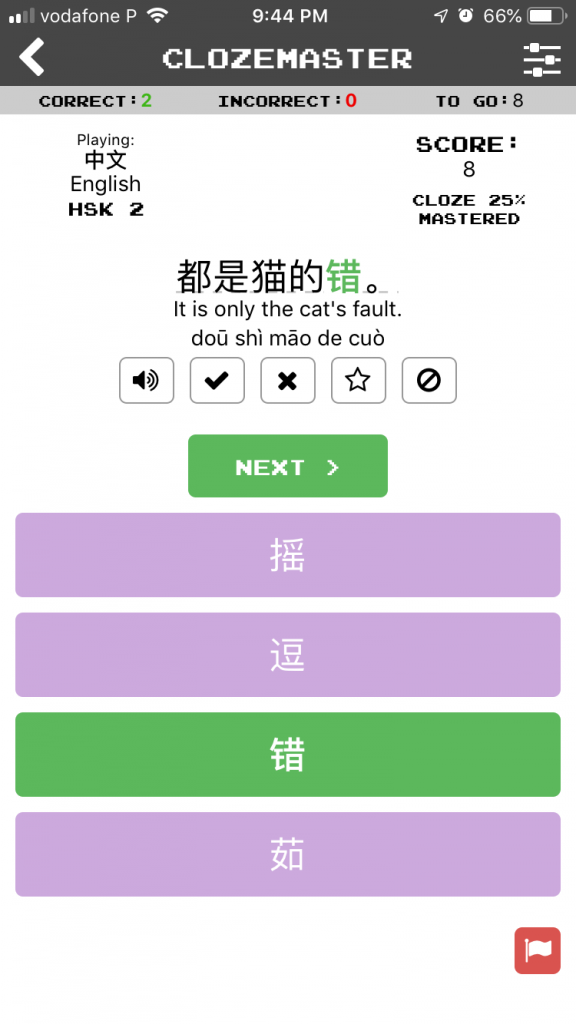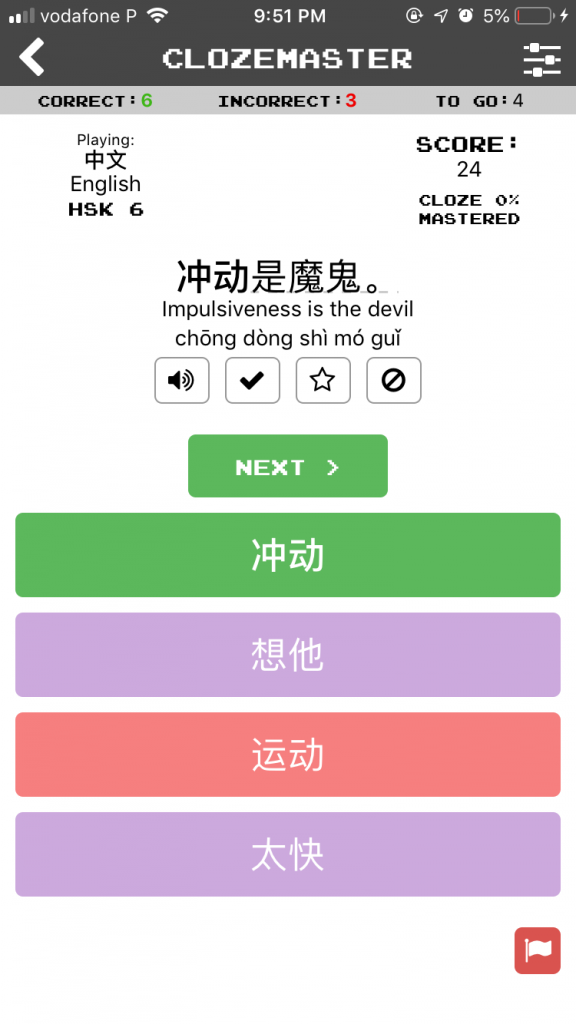The sky was black and earth yellow; space and time vast, limitless
Sun high or low, moon full or parsed; with stars and lodges spread in place
Cold arrives then heat once more; Autumn’s harvest, Winter’s store
Extra days round out the years; scale in tune with sun and spheres…
from a postcard i’ve recently received, i discovered that the chinese have a rhyming poem with a thousand different characters, which kids used to learn in school, as part of the character-learning process… how weird and wonderful is that?!
it’s called 千字文 and was written by Zhou Xingsi, about 1500 years ago.
a bit of history, from this archived page:
According to legend, Emperor Wu (ruled AD 502-547) of Liang sought a Chinese character literacy text for his son, and to this end had scholars select a thousand non-redundant characters from work left behind by famed calligrapher Wang Xizhi (AD 321-379) to be put to rhyme by the widely learned and talented scholar Zhou Xingsi, who also wrote China’s earliest extant example of a type of historical study known as a Shi Lu or “Factual Record”, the Liang Huangdi Shi Lu. Zhou now applied his heart and soul to the task and created a full rhyming text of four-character couplets, eight characters per line in seven chapters, in only one night; legend also has it that his hair and beard went completely white during those momentous hours. The imperial heir for whom it was written in turn grew up to close the circle by compiling the “Wen Xuan”.
The resulting Qian Zi Wen or Thousand Character Essay was, in the centuries that followed, distributed throughout the Chinese-reading world and has ever since been a major source of inspiration for calligraphers, due in part to its unique feature of non-repeating characters, and for Chinese schoolteachers, tutors, students and general readers as well. This was true especially throughout the ages when a grasp of the classical language was the key to success in traditional China.

